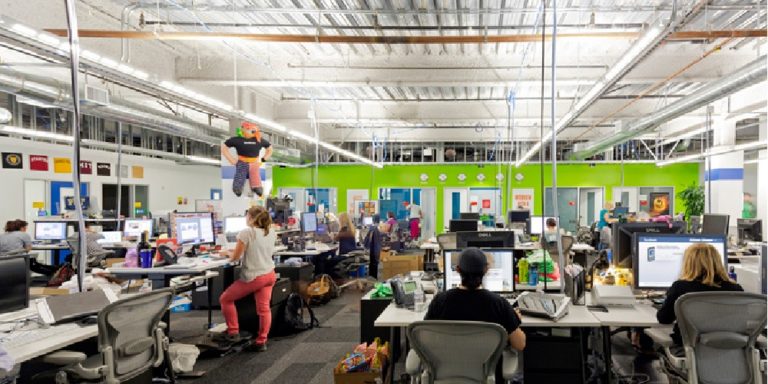
COVID-19 pandemic has ushered in a new dawn; the work ecosystem will henceforth have a remote choice on its menu that workers will choose from.
On Thursday, Facebook announced that it’s going to let its workers choose whether to work remotely or work from the office. Since the outbreak of the coronavirus pandemic, companies have recorded success in using the Work From Home (WFH) idea, and it appears it’s going to be the new normal.
What started like a joke from Twitter CEO, Jack Dorsey in time, has turned to a big catch for companies and CEOs. Many could still hear Dorsey saying: “We want employees to be able to work where they feel comfortable.”
Register for Tekedia Mini-MBA edition 19 (Feb 9 – May 2, 2026): big discounts for early bird.
Tekedia AI in Business Masterclass opens registrations.
Join Tekedia Capital Syndicate and co-invest in great global startups.
Register for Tekedia AI Lab: From Technical Design to Deployment (next edition begins Jan 24 2026).
Since Dorsey started walking the talk, a host of companies including Google and Square have jumped the bandwagon, but Facebook came with a dang that may dampen the willingness of many workers to switch to working remotely. Facebook founder and CEO Mark Zuckerberg is known for copying ideas from rival companies to get ahead in the game – that’s, when he fails to buy the company.
In this case, he seems to have found a better edge to save his company more money. In a statement, the Silicon Valley giant said that workers who choose to work from home would be paid according to the cost of living where they are working from.
“Those who move to lower cost cities may have their compensation adjusted based on their new locations… we’ll adjust salary to your location at that point. There’ll be severe ramifications for people who are not honest about this,” he said.
This is the game changer that has stirred curiosity. Is Zuckerberg operating in the guise of working remotely to achieve cheap labor?
Looking at the statement he issued on Thursday, the answer to this question appears inconsequential as he outlined the undeniable benefits of working from home, among them, reduced commuting. Environmentalists have been counting on something like that to reduce the impact of vehicle emission on the environment. More to that, Zuckerberg said the idea will make Facebook more diverse and help “spread economic opportunity much more widely around the country and world.”
Coronavirus which instigated unprecedented rise in the use of videoconferencing and spurred Zoom surge also inspired Facebook to expand its virtual apps. Zuckerberg said the WFH will help the company to accelerate the growth.
“Since so much of what we build is around helping feel connected and present with others no matter where they are – like our private messaging apps, video chat, Workplace, Portal, and eventually virtual and augmented reality – living our values will help us accelerate the development of these technologies,” he said.
In the past, Facebook has been staunch in the belief that working from the office is essential. The recent turn of events seems to have changed that, and the company is seeing an opportunity to save some cash and promote its services.
While Facebook’s decision to pay salaries appears deterrent to developing the remote work idea, workers (not only Facebook) wouldn’t mind a pay cut to work from home.
A poll conducted by analyst Jeremiah Owyang on Twitter found that 44% of workers are willing to take a 10% pay cut to work from home indefinitely. Though 56% said they wouldn’t, the 6% difference signals a new wave of working practice that is about to take over the labor market.
It is not clear if the larger or smaller number of Facebook employees is going to accept to work remotely knowing that their wages will be adjusted according to their places of residence, what is clear is that people are willing more than ever before to work remotely. In the coming weeks and months, as COVID-19 forces people who are opportune to keep their job to work from home, they will gradually adjust.
Zuckerberg said he is expecting 50% of Facebook employees to work from home over the next 5-10 years, and believes it will be the same with other organizations too. However, the challenge lies in making WFH a normal. Facebook said it’s leading the campaign even though there are lots of unanswered questions.
“Facebook will be the most forward-learning company on remote work at our scale, and we’ve been working on a thoughtful and responsible plan to this.”
With 40% of the company’s workforce willing to give the remote work a try, it will be another cost-saving strategy won by Mark Zuckerberg.



